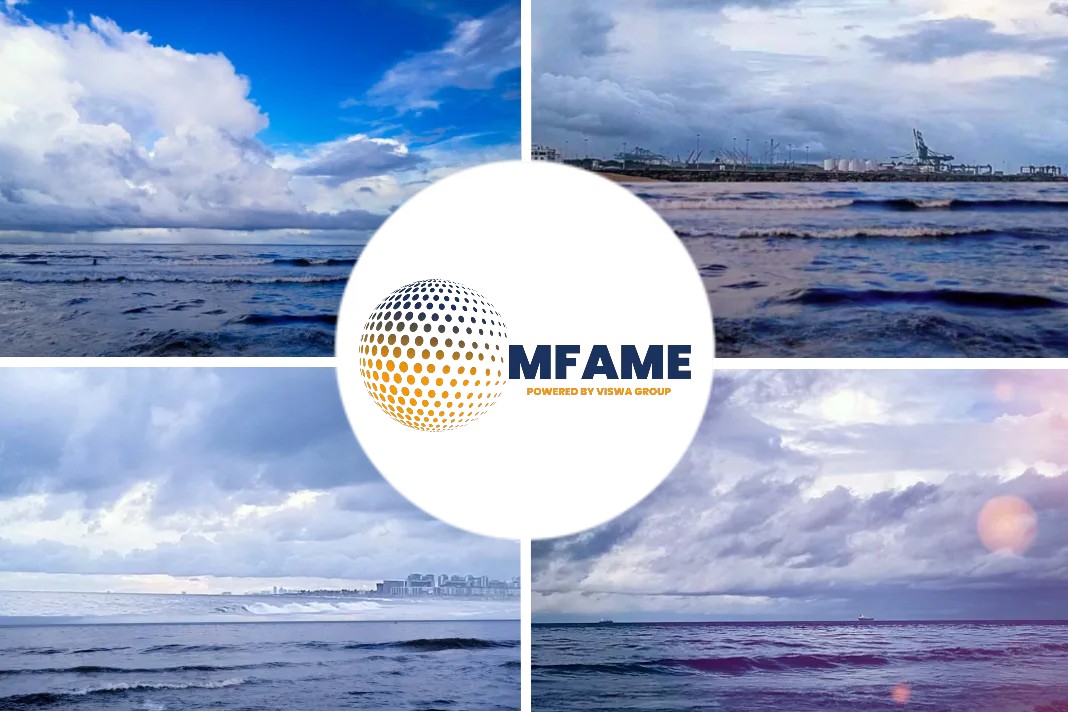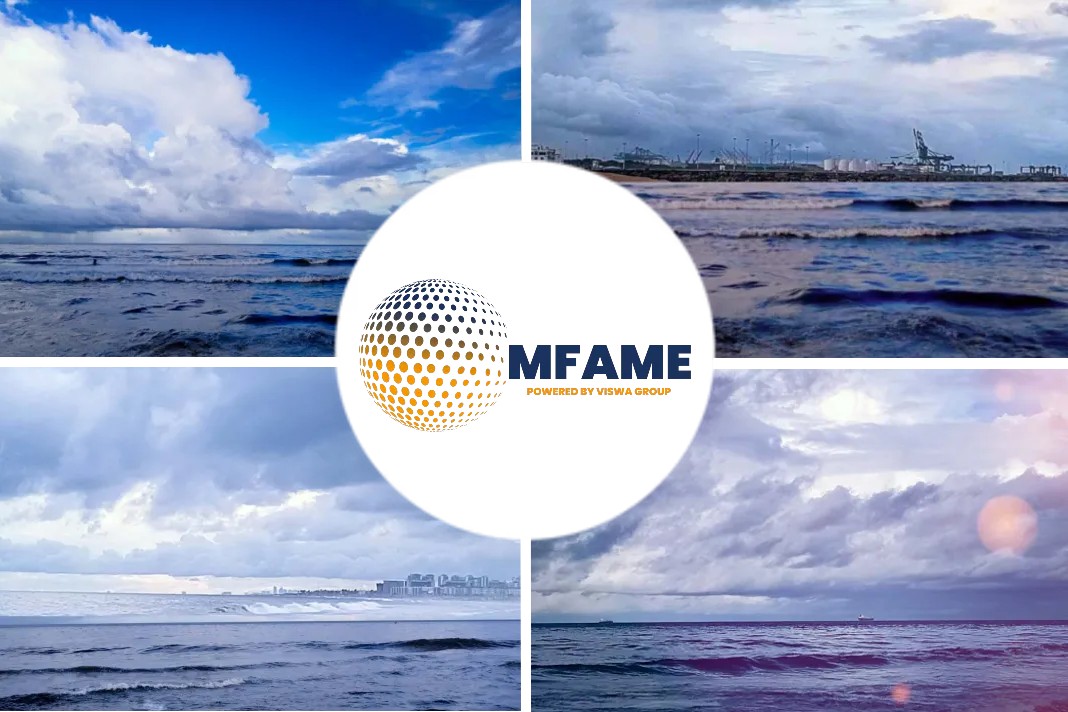Industry experts warn that the indiscriminate discharge of scrubber wash water into the sea could pose serious risks to marine life and human health, reports The Manila Times.
Harm marine life and pollute the sea
Some Philippine ships use the scrubbers or chemicals used to remove pollutants from engine exhaust. Scrubbers are akin to a car’s exhaust filter, as they can reduce or remove pollutants from the ship’s fuel chemical process to release clean smoke.
With scrubbers,
- A pollutant residue such as scrubber wash water that could harm marine life and pollute the sea.
- The dangers of discharging scrubber wash water into the sea include the poisoning of marine life.
- It can also lead to increased toxic levels, decreased pH levels, and acid rain.
What is the way out?
Abatement measures can mitigate the dangers of scrubber wash, industry experts said.
Open-loop scrubbers
Research from Elementa, a marine publication, indicated:
- That an open-loop scrubber could discharge more zinc and copper to the surface water than anti-fouling paint.
- The release of pollutants into seawater therefore can result in human health risks and water acidification.
- The paper noted that particulate matter, made by sulfate, forms one of the pollutants.
Marine life researcher’s say
Ms. Nimfa, a marine life researcher, explained the toxic effects of scrubbers on marine life.
- Chemicals such as sulfuric acid and nitrous oxide that made up the scrubber wash can poison marine life from planktons, small fish, to sharks.
- The reason behind this is the toxic magnification where preys such as planktons and small fish get eaten by predators such as barracuda and shark.
- The poison accumulates from prey to predatory fish.
pH level impact on marine organisms
An international paper called Umweltbundesamt said the decreasing pH level in the sea can adversely impact marine organisms, although a pH value reduction can greatly benefit closed water environments.
Poison on marine life and food sources
Mr. Jerry E, a marine life researcher, warned against the effect of scrubber wash on marine life and seafood. He added:
- Scrubber wash can poison the fish, mollusk, and sea plants.
- Poisoned marine animals could end up in someone’s dining table and cause unnecessary poisoning.
MARPOL convention
The International Maritime Organization’s MARPOL (International Convention for the Prevention of Pollution from Ships) covers some issues concerning pollutants that could poison marine life and food sources.
- an increase in chemical oxygen demand can potentially impact aquatic systems.
- the polycyclic aromatic hydrocarbon or PAH is a carcinogenic chemical that exists in petroleum products and can contaminate marine ecosystems.
- it could result in an increase in turbidity, a measure of suspended particles in water and a decrease in water transparency.
- nitrate, a highly oxidized form of nitrogen, can also be harmful.
- wash water can contain arsenic, cadmium, nickel, copper, vanadium, selenium, and lead which are all toxic.
Listed 33 harmful substances
The European Water Framework Directive or WFD listed 33 harmful priority substances in wastewater. Such substances include:
- benzene,
- fluoranthene,
- dioxins,
- endosulfan, and
- other chemicals.
Abatement measures
The Arctic Alliance, a non-profit organization, reported that by 2020, the International Maritime Organization’s regulations would require fuel to limit sulfur content to 0.5%. This forced ships to adopt scrubber technology to meet the sulfur cap.
Lloyd’s Register and DNV GL
Lloyd’s Register and DNV GL recommended technical standards for the scrubber operation and construction and required the correct installation of monitoring instruments.
Elementa
Elementa, a shipping publication, also warned that wet scrubbers could reduce particle emissions into the atmosphere. A closed loop scrubber can re-circulate and buffer with caustic soda.
Suggested measures
Mr. Ryan, a marine engineer, cited the need for abatement measures with the use of scrubbers.
- Shipping companies could buy high-tech scrubbers that can filter all pollutants without leaving any traces or use fuels that are clean.
- Ships can migrate to renewable energy sources such as solar energy or lithium batteries.
Mr. Jerry, another marine expert, suggested the proper disposal of scrubbers.
- Ships could keep a container to hold wastewater and then after birthing, keep those containers onshore, recycle or bury similar to disposing of nuclear waste.
- Or shipping companies can recycle wastewater and turn them into useful products to avoid pollutants.
- Small companies that are on a budget or cannot afford scrubbers could use less sulfur fuel or rely on liquefied natural gas.
Wash water does not pollute environment
CSA or Clean Shipping Alliance, an organization composed of 25 maritime companies, concluded that compliant fuel and scrubbers are both essential for 2020 sulfur cap by IMO.
Water analysis to monitor pH
To ensure that the water discharged to the sea doesn’t pollute the environment, ships should use water analysis instruments to monitor:
- pH,
- polycyclic aromatic hydrocarbons, and
- turbidity.
The water analysis results must be kept on board not less than 18 months from the time of recording.
Alternatives to scrubber systems explored
Shipping companies are also exploring alternatives to scrubber systems to reduce fuel sulfur content. Such options include:
- fuel switching,
- fuel conversion,
- new engine technologies,
- dry scrubbers, and
- direct water injection.
Maritime Emission Control System
Another technology is the Maritime Emission Control System (made by Advanced Maritime Emission Control System).
It decreases a ship’s emission while anchored or at berth. Such technologies focus on reducing nitrogen oxide, sulfur dioxide, particulates, and heavy metals.
Reducing compliant fuel cost
Another alternative seen by the industry is to reduce the price of low sulfur content fuel so that ships will have more choices beyond using scrubber systems.
Did you subscribe to our daily newsletter?
It’s Free! Click here to Subscribe!
Source: TheManilaTimes


















